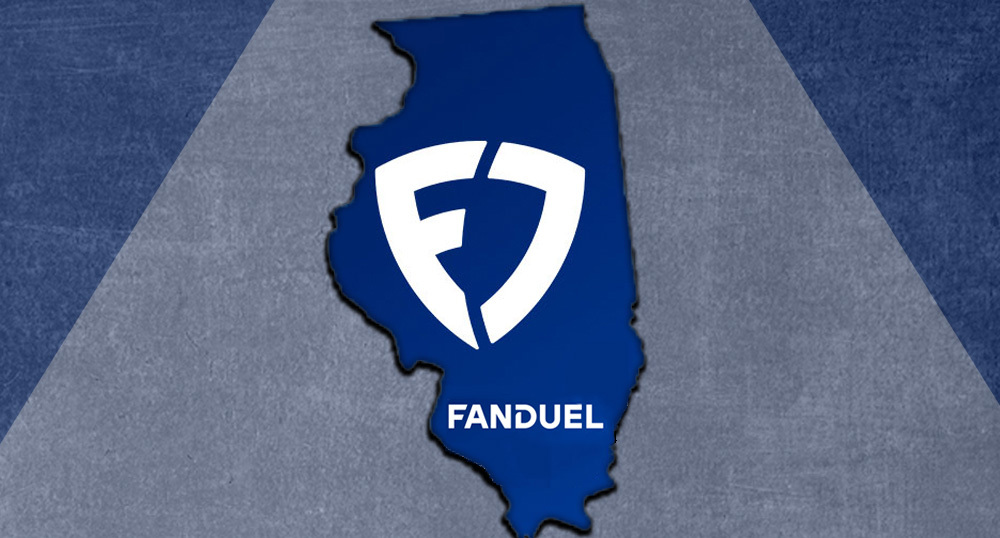In a bold move responding to Illinois’ newly passed budget, FanDuel has announced a 50-cent fee on all bets placed within the state, effective September 1, 2025. This decision comes after Illinois introduced a tax policy that levies 25 cents on each of the first 20 million bets and 50 cents per bet thereafter on sportsbook operators.
FanDuel’s parent company, Flutter Entertainment, issued a statement explaining that the fee reflects the increased operational costs due to the “Illinois Transaction Fee.” Flutter has also indicated that the fee will be rescinded if Illinois reverses the tax decision.
“It is important to recognize that there is an optimal level for gaming tax rates that enables operators to provide the best experience for customers, maximize market growth and maximize revenue for states over time,” Flutter CEO Peter Jackson stated.
Impact on the Betting Landscape
The announcement from FanDuel highlights a significant shift in the operational landscape for sportsbooks in Illinois. The new tax policy is seen as a potential deterrent for both operators and bettors. According to Jackson, the fee could disproportionately affect recreational bettors and may drive them towards unregulated markets, which lack state contributions and customer protections.
“We also believe the introduction of the Illinois Transaction Fee will likely motivate some Illinois-based customers to bet with unregulated operators,” Jackson warned.
This development follows a week after Illinois’ budget was passed, sparking reactions from various stakeholders in the sports betting industry. The Ringer, a media outlet sponsored by FanDuel, and Dan “Big Cat” Katz from Barstool Sports, which is affiliated with DraftKings, both voiced opposition to the tax in public statements.
Industry Reactions and Potential Consequences
The imposition of the new fee by FanDuel is likely to set a precedent for other sportsbooks operating in Illinois. The ripple effect of this decision could see similar responses from competitors, potentially leading to a broader industry pushback against the state’s tax policy.
Experts suggest that the increased costs could deter casual bettors, impacting the growth of the regulated market. The concern is that this could lead to a migration towards illegal betting platforms, which do not contribute tax revenue to the state or offer the same level of consumer protection.
Historical Context and Comparisons
Historically, states have grappled with finding the right balance between taxation and market growth in the gambling sector. Similar scenarios have played out in other states where high tax rates have led to reduced participation in legal betting markets. For instance, Pennsylvania faced initial challenges with its high tax rates on online gambling, which were eventually adjusted to foster market growth.
The Illinois situation reflects a broader trend of states seeking to capitalize on the burgeoning sports betting market as a revenue stream. However, the challenge remains to implement policies that do not stifle market growth or push consumers towards unregulated alternatives.
Looking Ahead: Possible Outcomes
As FanDuel implements its fee, the industry will be closely monitoring the impact on betting volumes and consumer behavior. The potential for public backlash and reduced market participation could pressure Illinois lawmakers to reconsider the tax structure.
FanDuel’s willingness to drop the fee if the tax is reversed suggests an openness to dialogue and adaptation. The situation underscores the delicate balance states must maintain between generating revenue and supporting a healthy, competitive market.
Meanwhile, stakeholders and consumers alike are encouraged to voice their opinions, as the evolving landscape of sports betting continues to shape the economic and regulatory environment in Illinois and beyond.
